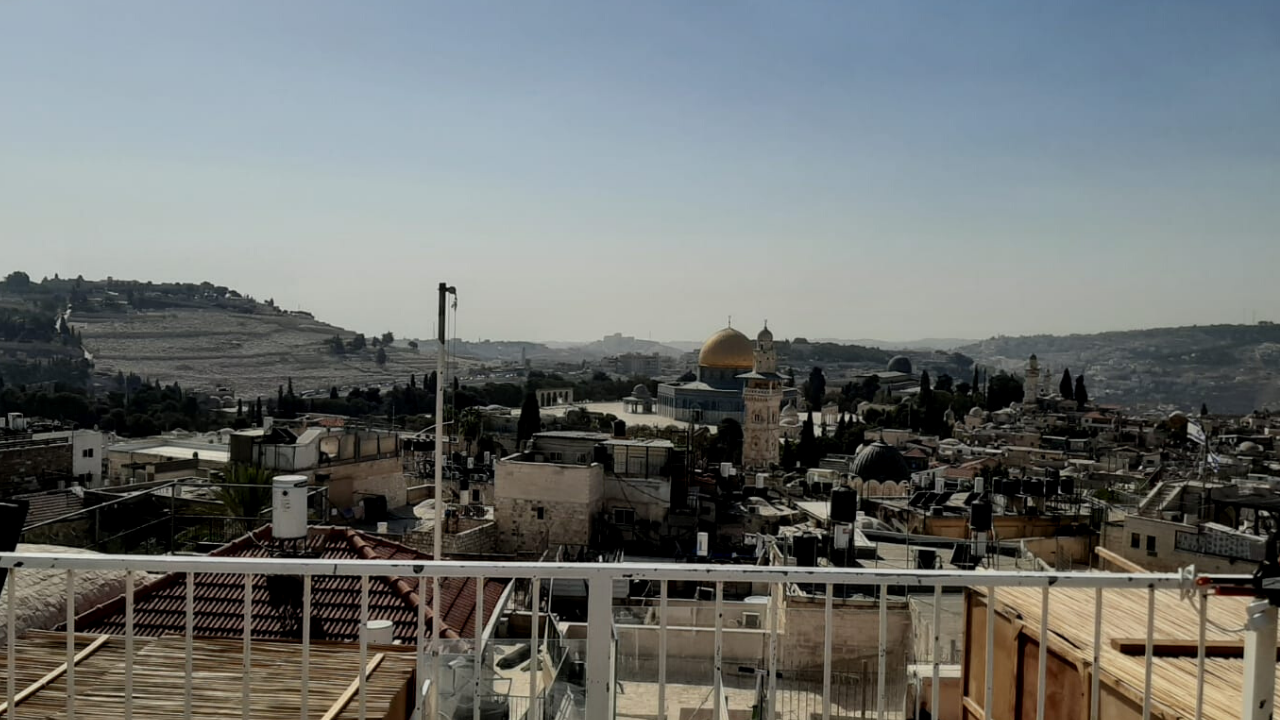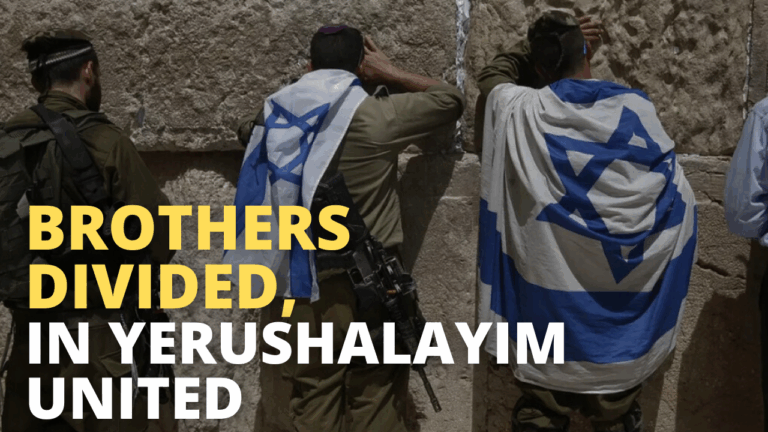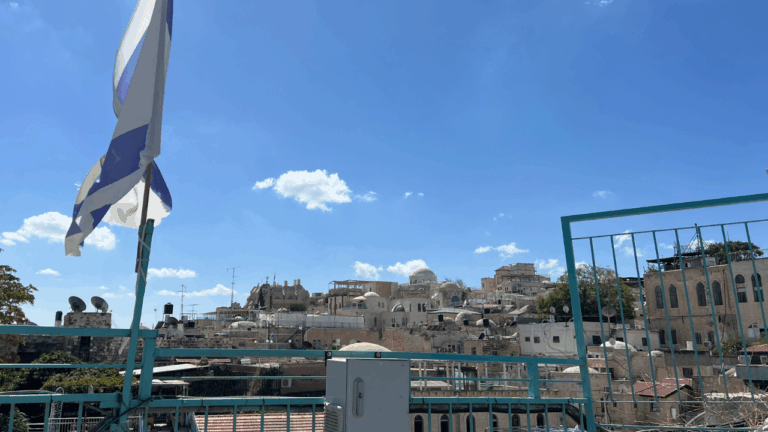Zion: The Nation of God
The Torah describes the sins and punishment of the generation of Noach. They committed theft and other immoral acts and were punished with a civilizational ending flood. Interestingly, though, when describing both the sin and punishment, the Torah does not merely focus on the people’s sins, but highlights the role of the ground itself.
For example, these are the opening verses which describe the sins leading up to the flood:
The earth became corrupt before God; the earth was filled with lawlessness. When God saw how corrupt the earth was, for all flesh had corrupted its ways on earth,
Three times in two verses the Torah mentions “the earth.” Similarly, when God tells Noach about the punishment in store for these sins He says:
I have decided to put an end to all flesh, for the earth is filled with lawlessness because of them: I am about to destroy them, the earth.
Once again there is an emphasis on “the earth.”
What is the meaning of the “earth’s” corruption and the “earth’s” destruction? Some commentators carefully interpret each mention of “earth” as referring to the people of the earth. For example, Ibn Ezra understands that the corruption occurred not to the earth itself but to “the people of the earth.” Similarly, God declares that He will destroy the people from the earth. Nothing, however, is stated regarding the earth itself.
Rashi, however, cites a Midrash which has God telling Noach that He will destroy the people together with the earth. Accordingly, during the Flood, three handbreadths of the ground were
destroyed together with all living creatures. This is an intriguing interpretation. Why would the ground itself need to be destroyed?
Perhaps this Midrash teaches us about the deep relationship between people and place. We tend to think of the earth as a place where we happen to live. A particular geographic location, also, is merely the setting upon which human life unfolds. The Torah, though, is guiding us to think more deeply about the relationship between man and land. When people are corrupt and behave immorally it corrupts the very soil upon which they stand. Therefore, the ground itself must be purged and cleansed in the Flood.
This symbiotic relationship between people and the earth upon which they stand that is highlighted at the beginning of the Torah is also apparent later in the Torah regarding the Jewish people’s relationship with Yerushalayim. Reading through Tanach and rabbinic literature makes it clear that the city is not just a place where the Jewish people happen to have their capital and where the Beit HaMikdash happens to have stood. Rather, the city is part of the people and the people are part of the city.
In this vein, in many instances the later prophets use the word “Zion” as a metaphor for the entirety of the Jewish people. For example, Yeshayahu relates the following sentiment from God:
For I the Lord your God— Who stirs up the sea into roaring waves, Whose name is Lord of Hosts— Have put My words in your mouth … Have said to Zion: You are My people!
The people are Zion and Zion is the people.



